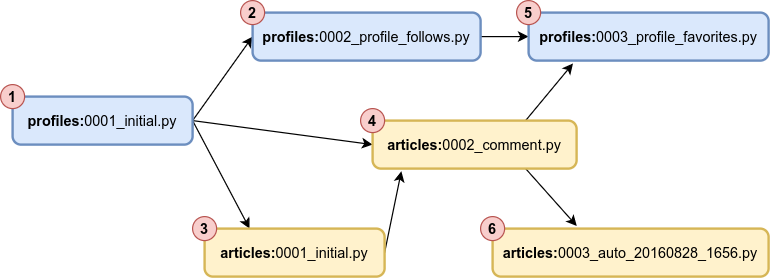
Watch the U.K. to Understand Delta
The country lifted all its COVID-19 restrictions just as Delta peaked. What happens next will tell us how well vaccines are working.
When the U.K. dropped all coronavirus restrictions on “Freedom Day,” July 19, critics called the move a “dangerous and unethical experiment.” Harsher critics called it “epidemiologically stupid.” At the time, cases in the country were still rising amid a Delta-fueled spike. Then, to nearly everyone’s surprise, COVID-19 cases started falling. This suggests that Delta hit a natural peak in the U.K. by mid-July—not because of Freedom Day, the effects of which are only just starting to show up in the data, but through some other mechanism.
Now, two weeks later, “the impact of Freedom Day is the big question,” says Paul Hunter, an epidemiologist at the University of East Anglia. “And I’m not at all sure which way it will go.” We will soon get the first glimmers of data that show how Delta behaves when all restrictions are lifted in a highly vaccinated country. This is uncharted territory. What happens in the U.K. can give the rest of the world hope—or dash them.
The optimistic scenario: Cases keep decreasing through August as the U.K. vaccinates more people, which would be “a really reassuring thing for the whole world,” says Jeffrey Barrett, the director of the COVID-19 Genomics Initiative at the Wellcome Sanger Institute. “It suggests it’s possible to actually get past Delta. We’re not going to be stuck forever.” With its high vaccination rates, especially among the elderly and most vulnerable, the U.K. is one of the best-positioned countries in the world to ride out the Delta wave without lockdowns. Hospitalizations during this Delta-driven bump remained low compared with pre-vaccination waves.
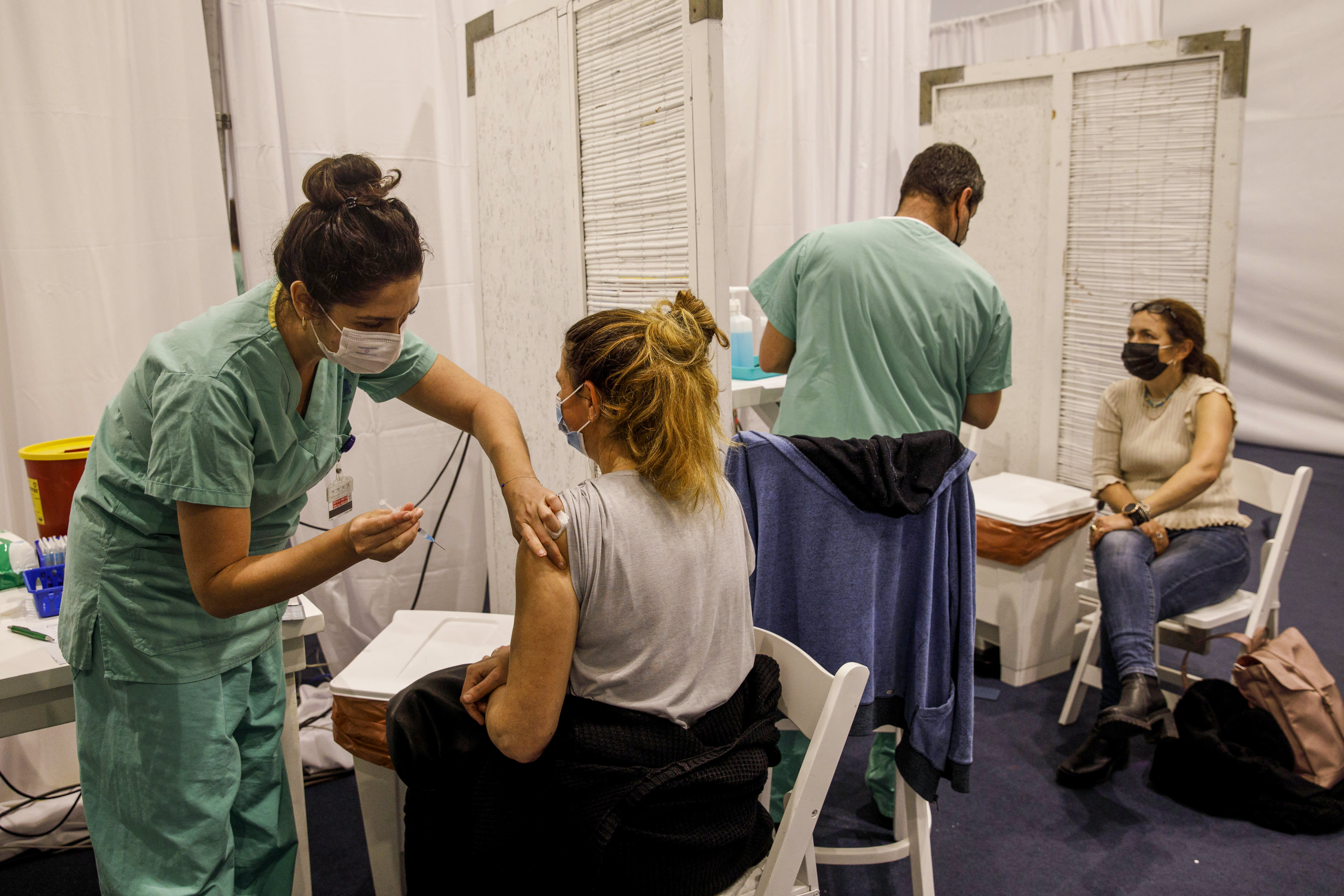

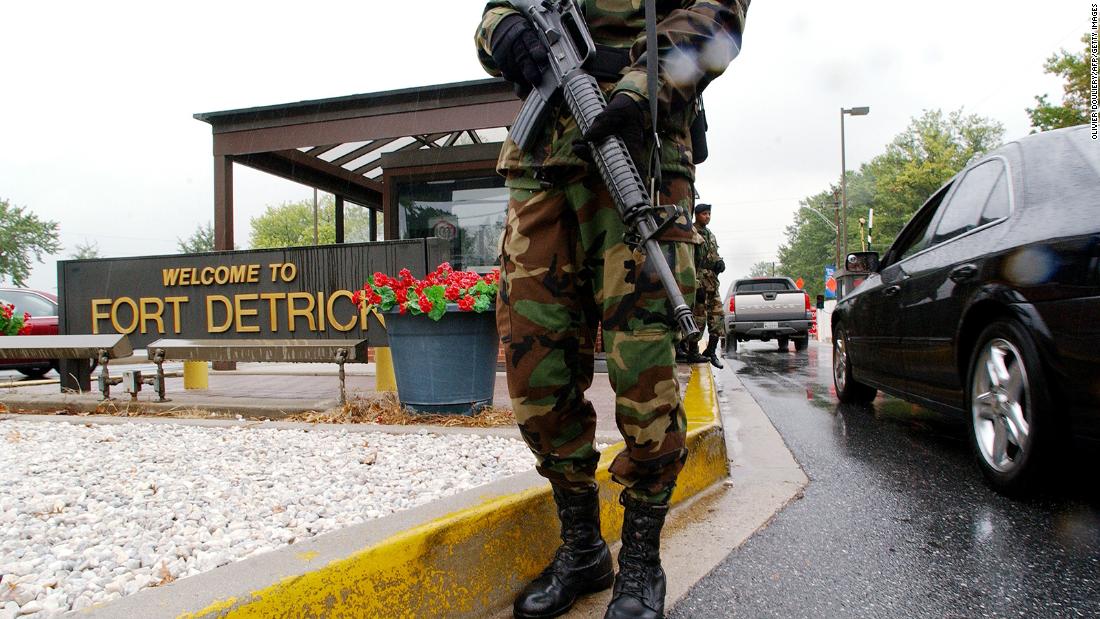

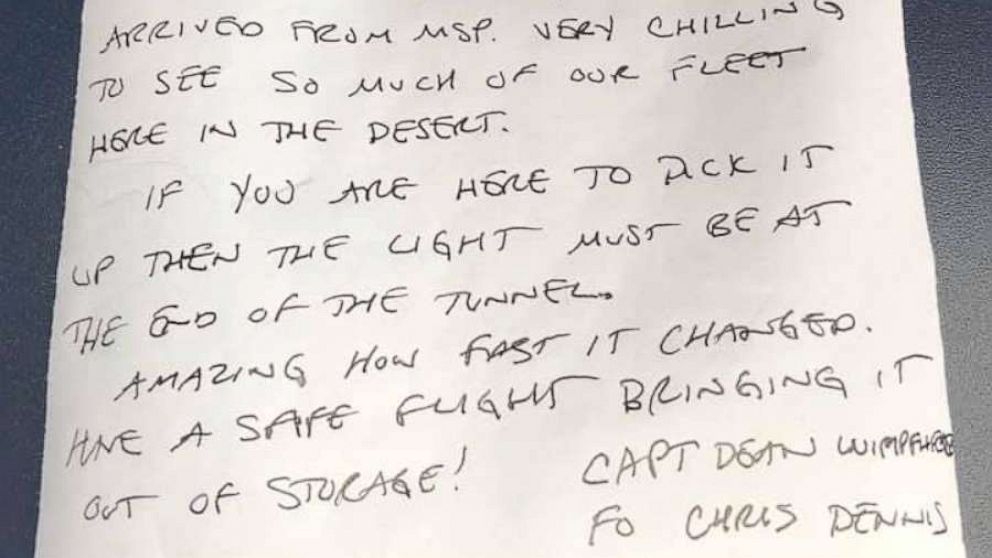











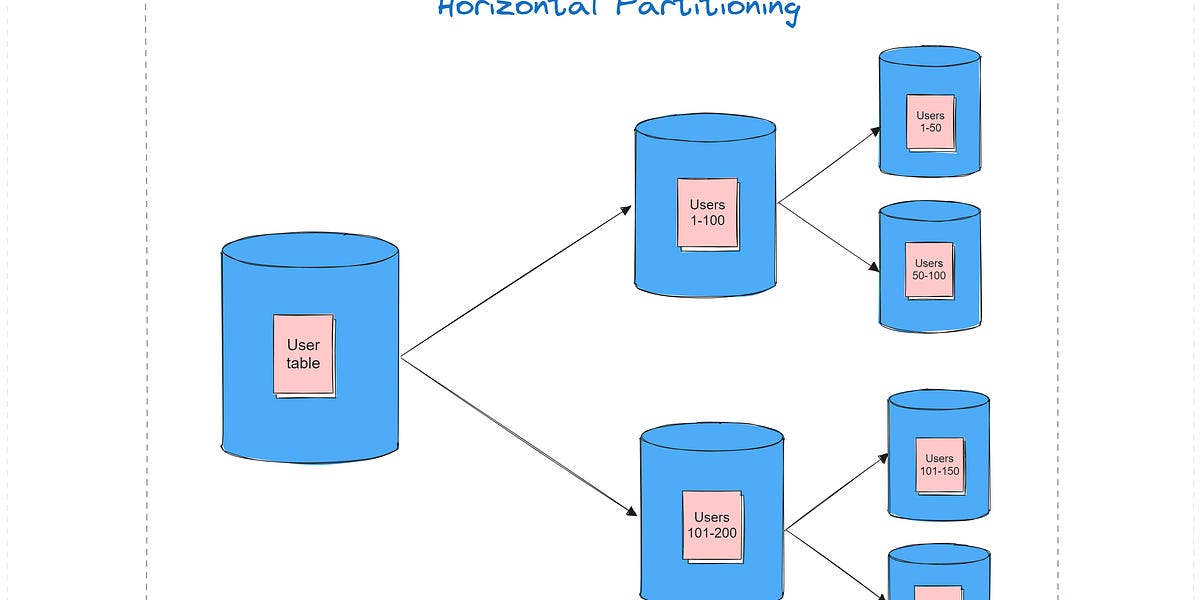

/cdn.vox-cdn.com/uploads/chorus_asset/file/25417952/transformers_megatron.jpg)




